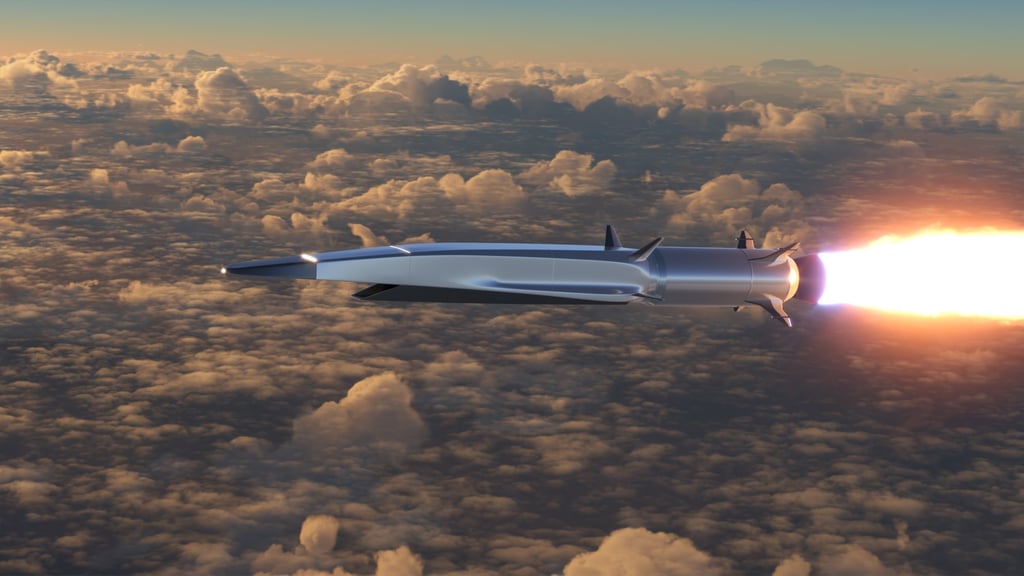For US to counter China effectively, Pentagon must reform, warns first-of-its-kind report
- Declining industrial base, supply-chain constraints and outflow of weapons to Ukraine said to have left America vulnerable amid bureaucracy
- Pentagon urged to team up with Indo-Pacific allies and partners to counter China, as US has done with Nato and others to assist Ukraine

The sprawling Pentagon, with its lengthy decision-making process, lumbering weapons-building and legacy of over-designing items that private companies can produce for less, is in dire need of reform if Washington wants to counter Beijing’s “pacing challenge”, a senior US defence department official warned on Thursday.
“We know that it’s not easy always to work with the Department of Defence. Many of you in the audience tell me that regularly,” said Laura Taylor-Kale, the US assistant secretary of defence for industrial base policy, a newly created position.
“Well, we’re here. So what is it that we need in order to move forward? What is it that we need in order to be able to really build the industrial ecosystem that we need, that our warfighters need, in order to meet the pacing threats and current challenges?”

Taylor-Kale said a number of factors had jarred Washington into realising how vulnerable its military logistics system is.